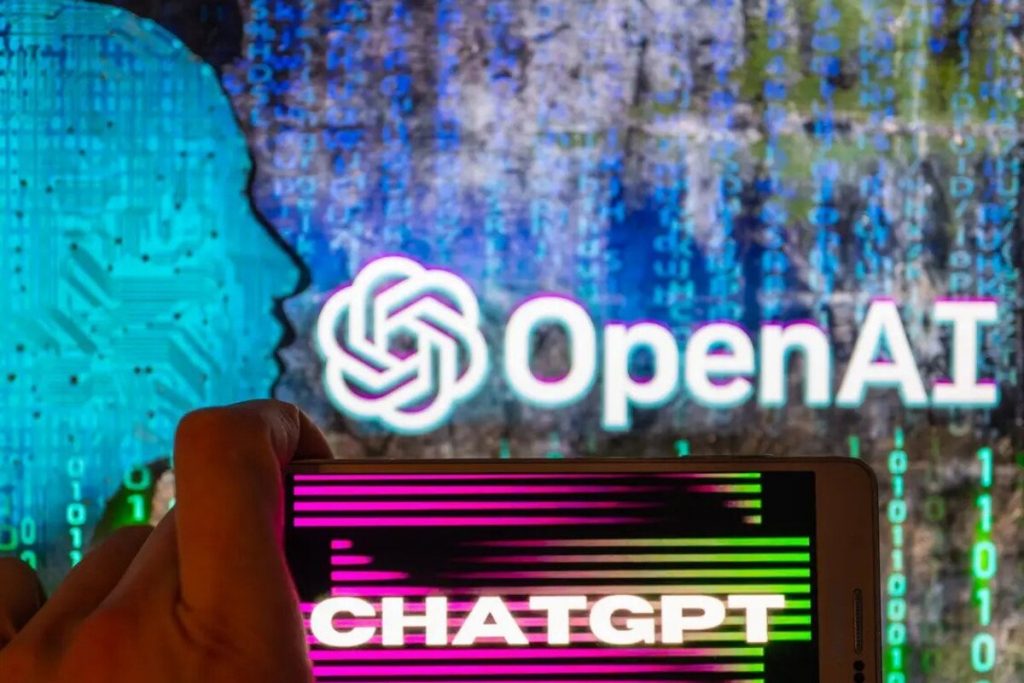A group of professors at Plymouth Marjon University in England attempted to raise concerns about academic misconduct facilitated by chatbots. They accomplished this by submitting a research paper, which was entirely composed by ChatGPT, for peer review. The goal was to determine whether a bot-generated paper could pass through the review process undetected which very surprisingly, it did.
According to The Guardian, the professors successfully published the paper titled “Chatting and Cheating: Ensuring Academic Integrity in the Era of ChatGPT” under their own names, concealing the fact that it was actually written by an AI-powered language model.
The submission managed to evade plagiarism-checking software and four human peer-reviewers, revealing a potential flaw in the academic integrity system.
“We wanted to show that ChatGPT is writing at a very high level,” Debby Cotton, director of academic practice at PMU and the phony paper’s fake lead author, told The Guardian.
“This is an arms race,” she added. “The technology is improving very fast and it’s going to be difficult for universities to outrun it.”
The discovery that the fake research paper managed to pass the peer-review process without detection is a significant warning to the academic community. It highlights the challenge of addressing the impact of ChatGPT on academia.
While there are some indicators that can suggest whether a chatbot or a human wrote a piece, such as ChatGPT’s tendency to fabricate sources, current plagiarism software cannot consistently identify AI-generated content. Likewise, the new AI-detection tools that have emerged since ChatGPT’s introduction are not effective in detecting AI-generated writing.
Despite the education system’s efforts to discourage and penalize students who use chatbots to cheat, policing such misconduct remains challenging, particularly on a large scale. The Guardian reports that primary and secondary schools continue to grapple with this issue.
“My colleagues are already finding cases [of AI-assisted cheating] and dealing with them,” Irene Glendinning, head of academic integrity at Coventry University in England, told the Guardian.
“We don’t know how many we are missing,” she added, “but we are picking up cases.”

